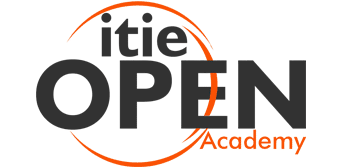This training aims at providing in depth knowledge, practical experience and roles plays on Agile and Scrum.
Agile software development is a group of software development methods based on iterative and incremental development, where requirements and solutions evolve through collaboration between self-organizing, cross-functional teams. It promotes adaptive planning, evolutionary development and delivery, a time-boxed iterative approach, and encourages rapid and flexible response to change. It is a conceptual framework that promotes foreseen tight iterations throughout the development cycle.
Five Reasons Why Agile Best Fits Today’s Fast-Paced Organizations
- Project Priorities change: Agile organizations can more easily adapt their project portfolios due to changing business priorities. Agile projects deliver working software on a regular schedule, typically weekly or biweekly.
- Learning and responding to customer needs is critical: The most important lessons you will get about your software will come from customers. Agile teams are able to get software into their hands quickly by only building just enough software to get valuable features delivered.
- Product owners need to focus on the customer and market: The details of delivery bog down many product owners: spending time assigning work, checking progress and writing status reports. In contrast, agile teams strive to be “self-organized.”
- Your Star player may be gone tomorrow: Teams change. Employees quit. New hires come on, and employees move between projects within an organization. Agile teams can handle changes to the team much more easily than non-agile teams.
- Stay competitive by discovering trouble spots: Every organization and process has problems. Finding these problems and fixing them is critical to staying competitive. Detecting and eliminating issues in the development process is a central feature of agile development.
The training focuses on providing an inside view into Scrum a very popular agile software development methodology. During the course, the participants get opportunity to learn and experience Agile and Scrum from industry leaders in the agile community. The trainers are alumnus of IITs and prestigious institutes in United Kingdom and have worked for different fortune 500 companies in the past.
| COURSE CONTENT : | |
| Introduction to Agile |
|
| Foundations of Scrum |
|
| Essential Scrum Activities |
|
| Scrum Simulation | |

